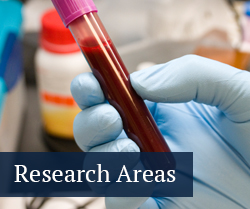Biomechanics and Mechanobiology
Biomechanics research uses concepts and techniques from mechanical engineering, physics, and applied mechanics to study the function of biological materials and systems. Mechanobiology research investigates how biological systems sense, generate, and respond to physical forces. Together, biomechanics and mechanobiology research provides an understanding of how mechanics drives healthy and pathological biological function. At Penn State, our research spans all length scales, encompassing molecular, cellular, tissue, organ, and joint systems, and investigates basic biological function with applications to musculoskeletal dysfunction, cancer, neurodegeneration, and cardiovascular disease. Specific activities and research interests include orthopaedic biomechanics, cardiovascular fluid biomechanics, and cellular and molecular biomechanics.
Active Biomaterials Lab

Igor Aronson
Musculoskeletal Regenerative Engineering Lab

Justin Brown
Mechanobiology Lab

Peter Butler
Cellular Biomechanics Lab

Cheng Dong
Molecular Biomechanics Lab

William Hancock
Artificial Heart and Cardiovascular Fluid Dynamics Lab

Keefe Manning
Multiscale Biomechanics and Mechanobiology Lab

Spencer Szczesny
Movement of the Upper Limb and Shoulder Lab (MUSL)

Meghan Vidt

Facilities and Resources:
- Department of Kinesiology Biomechanics Lab
- Center for Orthopaedics Research and Translational Science
- Center for Movement Science and Technology



